This season, we invite you to look around yourself for luck.
Some of the most ordinary flora and fauna are the most potent bringers of good fortune—as long as you treat them with proper reverence.
• Why is a four-leaf clover such good luck? You can count off the blessings in an old rhyme: One leaf for fame, and one leaf for wealth, and one for a faithful lover, and one to bring glorious health.
• The Romans believed that spiders were lucky. (So do we!) They carried tokens of engraved or cast-metal arachnids to ensure prosperity. To kill a spider is still unlucky in many parts of Europe, but to see one is good luck, unless it is injured. A spider spinning a web is a particularly good omen; it means you’re about to come into some money.
• Foxglove is the fairies’ favorite flower and can bring good things if you sow it as a seed. The fae like their “good people’s glove” (maneg ellyllon, in Welsh) to stay put, however. Transplanting one brings bad luck.
• Cats sometimes get a bad rap, but they’re among our dearest familiars. If you have a cat with double claws, take very good care; it brings extra good fortune. And if any cat asks you for help and you turn it away, bad luck will be yours.
• Two herbs are especially beneficial for lovers. Lavender keeps sweethearts happy, so an engaged person should keep bags of it among their clothes to make sure true love runs smooth. Rosemary helps lovers (or anyone) parted by distance. A sprig of it will keep you in your dear one’s thoughts.
• Swallows nesting in the eaves of your home are good luck and must not be disturbed.
• The old-fashioned lady’s mantle is useful in home remedies. Its cup-shaped leaves collect dewdrops, and the dew is good for strengthening magic elixirs. It may even help alchemists turn base metal to gold.
• In England, if two or more sheep appear at the precise moment a wish takes shape in your mind, that wish will be granted.















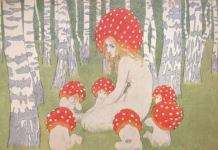
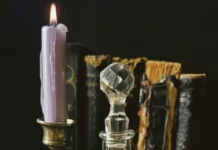

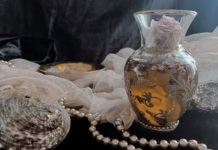





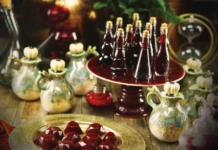
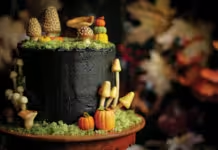


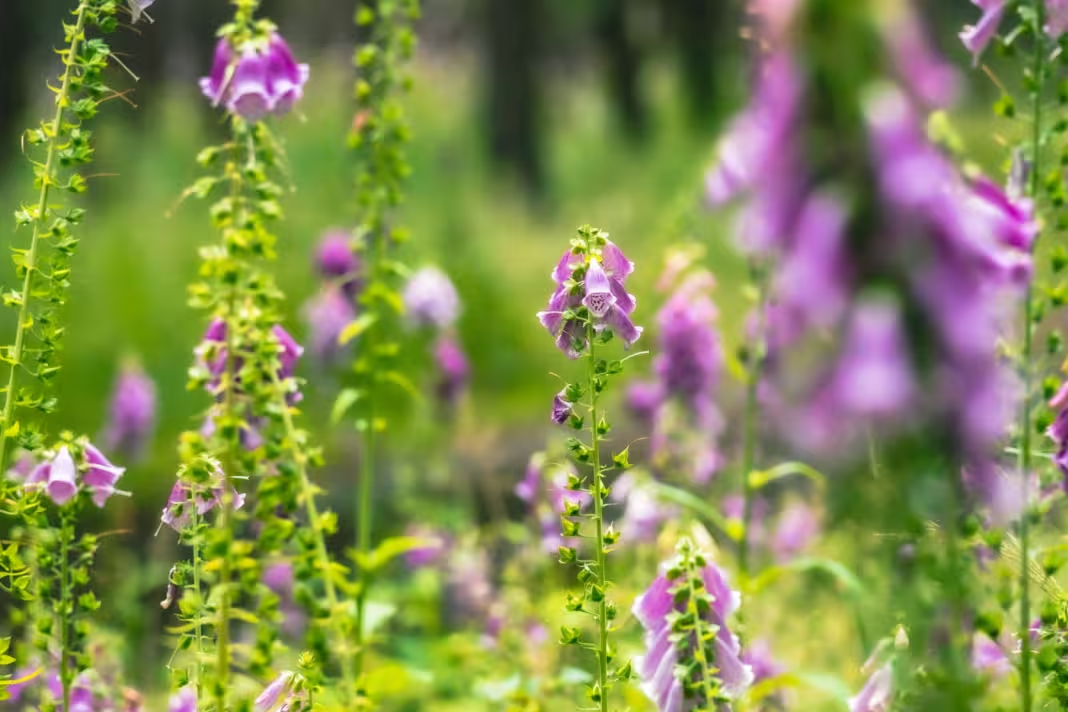
 Enchanted Living is a quarterly print magazine that celebrates all things enchanted.
Enchanted Living is a quarterly print magazine that celebrates all things enchanted. 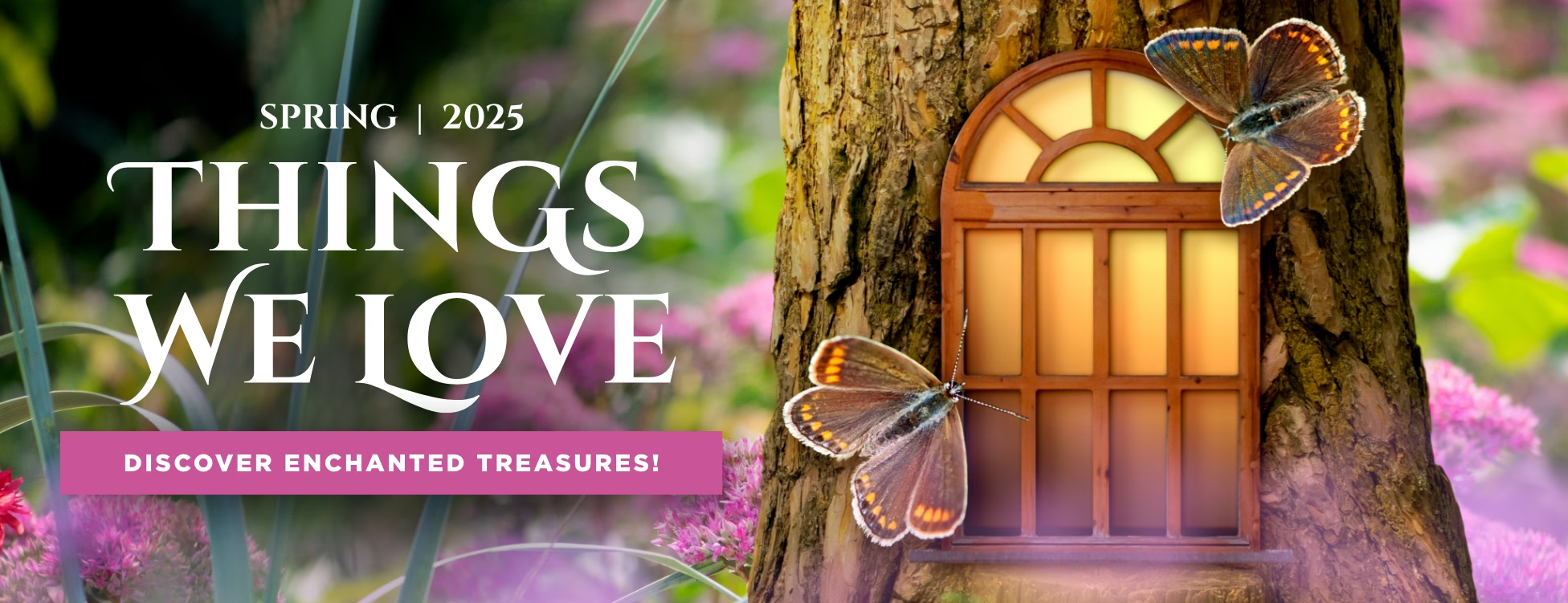


[…] The Magic of Everyday Flora and Fauna […]